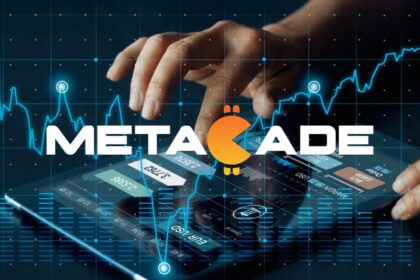In recent years, blockchain technology has made significant advancements, revolutionizing various industries, and gaming is no exception.
Blockchain-based games offer a new level of transparency, security, and ownership, captivating the interest of gamers worldwide. However, as with any emerging technology, there are challenges and problems that need to be addressed to ensure a seamless gaming experience. In this article, we will delve into the problems of blockchain-based games and discuss potential solutions to overcome them.
Scalability: Unlocking the Full Potential
Scalability remains one of the primary concerns for blockchain-based games. Traditional blockchains often struggle with limited throughput, resulting in slower transaction speeds and higher costs. To achieve mass adoption and provide a satisfying gaming experience, scalability solutions must be implemented. One such solution is layer-two scaling, which allows for off-chain transactions while leveraging the security and decentralization of the underlying blockchain. By adopting layer-two scaling solutions, blockchain-based games can handle a significantly higher number of transactions per second, reducing fees and enhancing user experience.
User Experience: Bridging the Gap
Another challenge faced by blockchain-based games is the gap in user experience compared to traditional gaming platforms. Many blockchain games require users to possess a certain level of technical knowledge and interact with complex interfaces, which can be daunting for casual gamers. To overcome this hurdle, game developers should prioritize creating intuitive and user-friendly interfaces. By incorporating familiar gaming elements and simplifying the onboarding process, blockchain-based games can attract a broader audience and facilitate mass adoption.
Interoperability: Fostering a Connected Gaming Ecosystem
Interoperability refers to the ability of different blockchain-based games to interact and exchange assets seamlessly. Currently, most blockchain games operate in isolated environments, limiting players’ ability to transfer their assets across multiple games or platforms. This lack of interoperability hinders the growth of the overall gaming ecosystem. To address this issue, industry stakeholders should collaborate and establish common standards for asset exchange and interoperability protocols. By fostering a connected gaming ecosystem, players can enjoy the benefits of true ownership and transferability of their in-game assets.
Security and Fraud Prevention: Safeguarding User Assets
Blockchain technology inherently provides a high level of security due to its decentralized nature and immutability. However, vulnerabilities still exist, and ensuring the security of user assets is crucial for the widespread adoption of blockchain-based games. Smart contract audits, robust authentication mechanisms, and enhanced KYC (Know Your Customer) procedures are essential steps in safeguarding user assets and preventing fraudulent activities. Additionally, educating users about best security practices, such as using hardware wallets and securing private keys, can empower them to protect their assets effectively.
Regulatory Landscape: Navigating Legal and Compliance Challenges
As blockchain-based games continue to gain popularity, navigating the regulatory landscape becomes paramount. The legal and compliance challenges associated with blockchain technology vary across different jurisdictions, making it crucial for developers and industry players to stay informed and adaptable. Engaging in open dialogue with regulators and proactively working towards establishing clear frameworks can provide a stable and compliant environment for blockchain-based games to flourish.
Community Building: Fostering Engagement and Growth
Building a vibrant and engaged community is vital for the success of any blockchain-based game. Developers should focus on creating opportunities for interaction and collaboration among players. This can be achieved through in-game events, competitions, and social features that encourage communication and foster a sense of belonging. Additionally, incorporating community feedback and actively involving players in the development process can lead to the creation of more immersive and enjoyable gaming experiences.
By addressing these problems and challenges head-on, the blockchain gaming industry can unlock its full potential and offer an unparalleled gaming experience to players worldwide. Scalability solutions, improved user interfaces, interoperability protocols, enhanced security measures, regulatory compliance, and community building efforts will play crucial roles in shaping the future of blockchain-based games.









